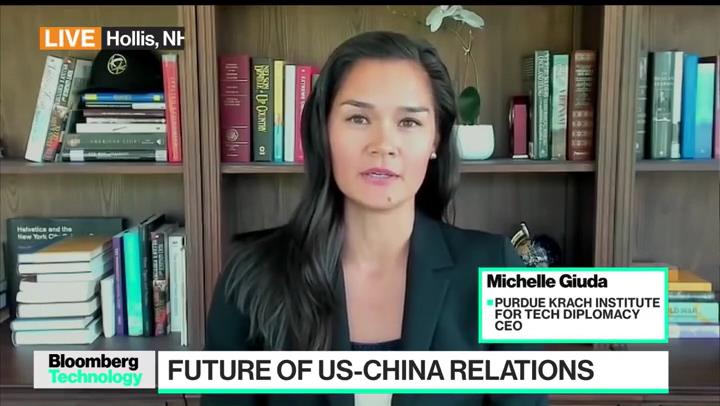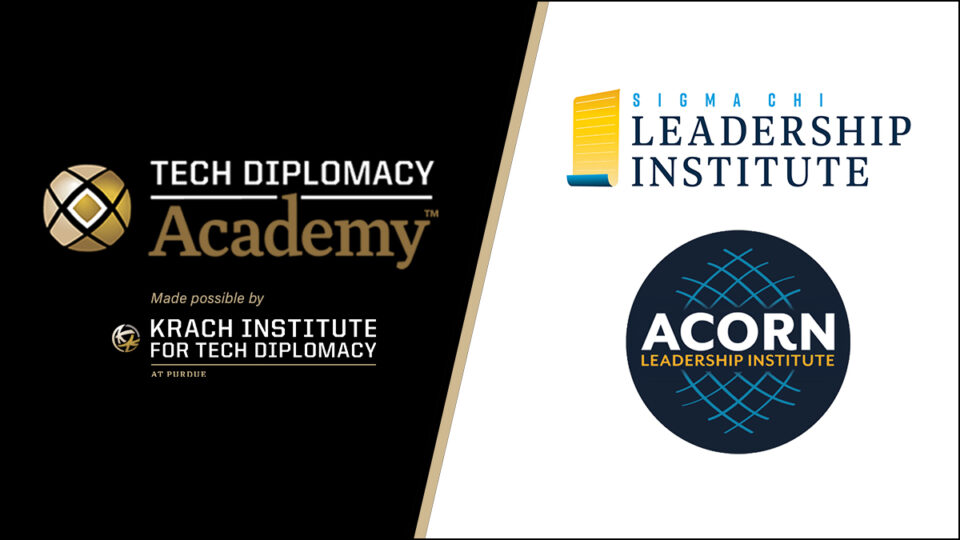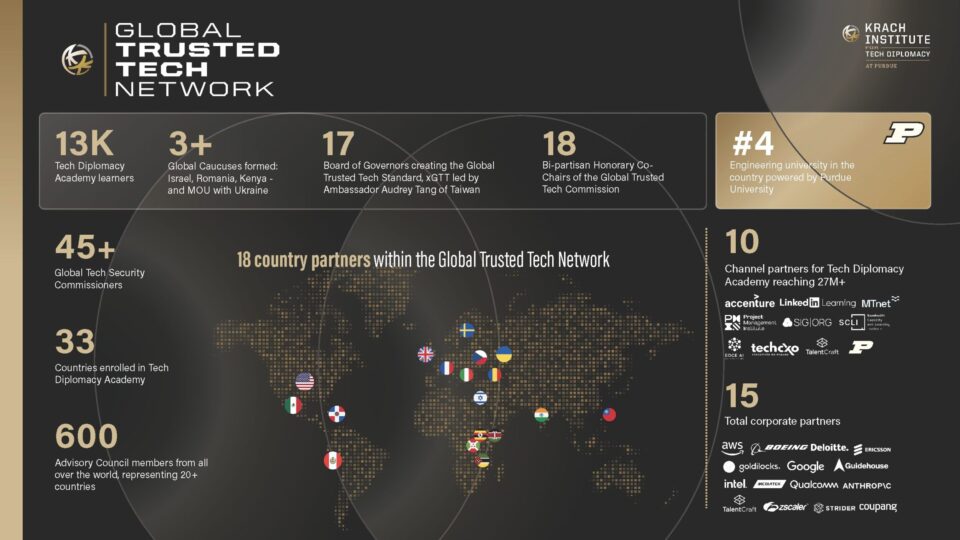In an interview today on Bloomberg TV, Michelle Giuda, CEO of the Krach Institute for Tech Diplomacy at Purdue, commented that, “The ultimate end goal of bipartisan American policy toward China is that the United States and our partners and allies across the world have to have competitiveness and superiority when it comes to technology because whoever leads in technology is going to dictate the values, the standards and the regulations that oversee our militaries, our economies, the financial system, our culture and the information space.”
“And so the imperative is for the United States and our partners and allies to lead in technology. That means we have to innovate faster, smarter and better, and we have to make sure that our companies are not contributing to China’s ability to beat us in technologies like artificial intelligence.”
Asked about chip maker Nvidia’s recent announcement that it would begin preparing a specific product that would be within the bounds of current US-China trade restrictions, Giuda stated that, “This is sort of the new reality that we’re in here in 2024—and then through 2044—which is that companies and governments have to be working closely together to ensure that companies are able to be competitive and ensure their business success at the same time that they’re contributing to—and not working against—US and allied national security.”
“That’s what tech diplomacy is. That’s what the Krach Institute is focused on. It really is a new requirement for this contested technological and geopolitical space, so we’re seeing that push and pull between companies and governments, but the long-term trajectory of this is that companies need to be acting to support the national security of the United States. There’s a way to be competitive. There’s a way to make money. And there’s also a way to ensure that we’re advancing national security.”
Watch the full interview here.
Learn more about Tech Diplomacy at the Tech Diplomacy Academy.


